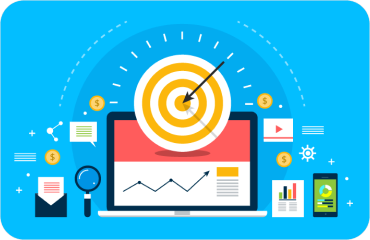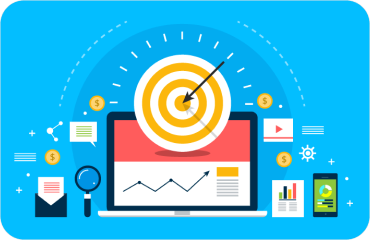Enterprise Resource Planning (ERP) systems are among the most critical computing technologies in today's business world. They are integrated systems that provide organizations with the means to efficiently manage and organize various aspects of their operations. These systems are ideal for businesses of all sizes, from small companies to large enterprises. In this article, we'll take a look at the concept of an ERP system and how businesses can benefit from it.
What Is an Enterprise Resource Planning (ERP) System: An ERP system is simply a software system designed to facilitate the management of all processes and activities within an organization. This includes various aspects such as accounting, human resources, supply chain management, customer relationship management (CRM), and much more. ERP systems are distinguished by their ability to integrate these different processes into a single, unified platform, making it easily accessible for employees to access shared information.
Key Benefits of an ERP System:
-
Increased Efficiency: Since ERP systems allow for process integration, they can increase efficiency and reduce manual work and response times, thus minimizing errors.
-
Data Integration: ERP systems consolidate data from different departments, providing a comprehensive view of the company. This enables better decision-making based on real-time, accurate data.
-
Cost Savings: By optimizing processes and reducing inefficiencies, ERP systems can lead to significant cost savings over time. You can also manage resources, inventory, and finances more effectively, reducing operating costs.
-
Enhanced Productivity: ERP systems enable employees to access information they need more easily, leading to increased productivity. Automated workflows and streamlined processes also help employees work more efficiently.
-
Improved Customer Service: With a Customer Relationship Management (CRM) module, ERP systems enable businesses to manage customer data and interactions more effectively, resulting in improved customer service.
-
Inventory Control: ERP systems provide real-time visibility into inventory, helping businesses manage stock levels more effectively, reducing excess inventory costs and stockouts.
Conclusion: An Enterprise Resource Planning (ERP) system is a powerful tool for improving organizational and managerial efficiency. If you're looking to enhance your business performance and increase efficiency in resource and operational management, implementing an ERP system may be the optimal choice to achieve these goals.


